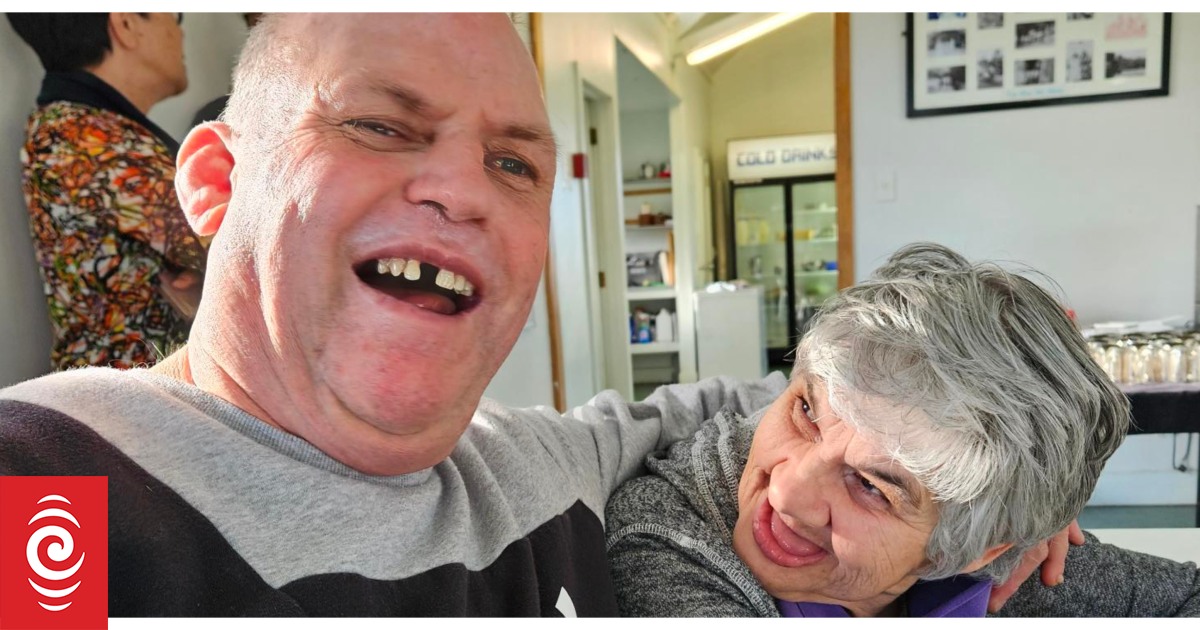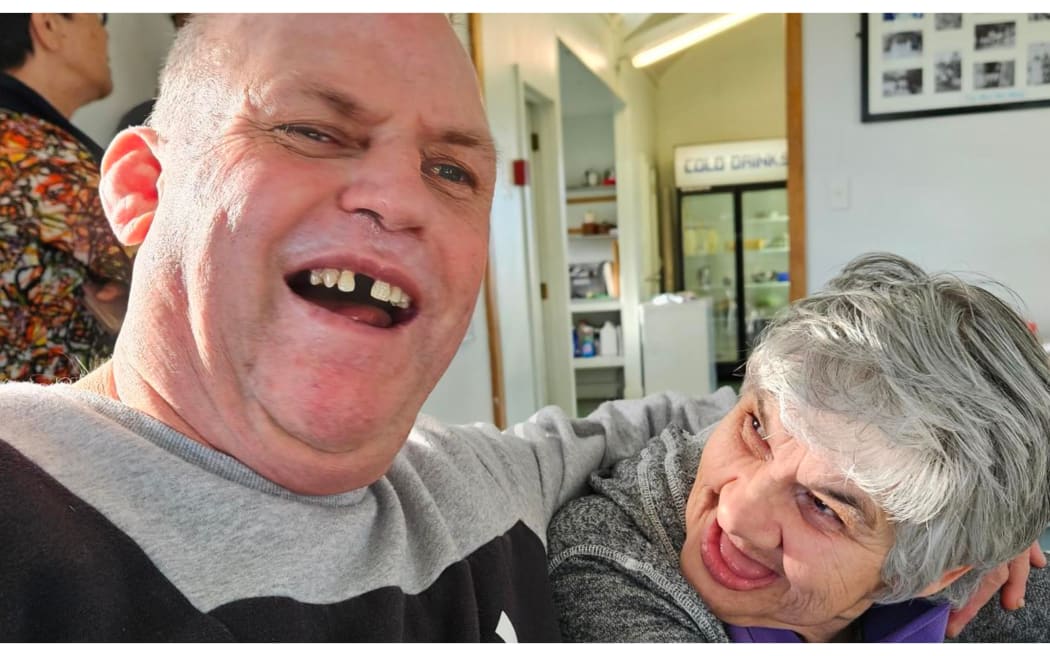Photo: IHC
A new report finds that the health of New Zealanders with intellectual disabilities has made little improvement in the past 20 years, while poverty and unemployment continue to worsen.
The report was commissioned by IHC, a provider of services for people with intellectual disability, and is based on Stats NZ’s integrated data infrastructure, which holds anonymised microdata on individuals and households.
The study found that the life expectancy of people with intellectual disabilities is around 20 years shorter than the general population, almost the same as the 23-year difference found in 2008 data.
As early as 2003, the National Health and Disability Advisory Board called for an end to the neglect of health issues for people with intellectual disabilities, noting that many adults with intellectual disabilities receive inadequate medical management and endure long-term suffering despite having treatable, palliative and curable health conditions.
IHC advocate Shara Turner told Nine to Noon it remains a harsh reality for this age group.
“This is the kind of thing that happens in every area of life when you’re intelligent. [disabilities] The outcomes are not good: their life expectancy is 20 years shorter, they are more likely to suffer from almost every health condition, and they are 16 times more likely to be treated for a mental illness.
“I believe 40 to 44 percent of Pacific Islander children live in moldy homes, they are seven times more likely to be placed in state care as children, and if their parents have an intellectual disability they are 16 times more likely to have their children taken away by the state,” she said.
Turner said people with intellectual disabilities had much worse health outcomes, despite visiting GPs at rates similar to the general population.
She said there were high rates of emergency department visits and hospitalizations for health problems that could have been avoided.
“There’s clearly a disconnect with GPs – they’re going to their GP just as often as anyone else so why aren’t these things being caught?”
Turner said the disconnect often stems from communication issues and a lack of health advocacy for the group.
She said since 2007, the IHC has been promoting government-funded annual comprehensive health check-ups for people with intellectual disabilities.
Turner said New Zealand could learn from countries with better systems in place, such as the UK and Australia.
Both countries had state-funded annual health checks for people with intellectual disabilities, and Australia had a roadmap to improve support and health literacy for people with intellectual disabilities, she said.
There are approximately 47,000 people with intellectual disabilities living in New Zealand.
Advocates disappointed as Minister for Disability Affairs absent from Cabinet meeting Blind cyclist Hannah Pascoe nears finish line after cycle around Motu Health advocates aim to raise awareness of dyslexia in Cook Islands Funding boosted for new research into chronic back pain
Source link


